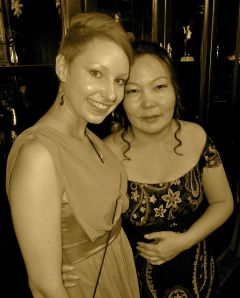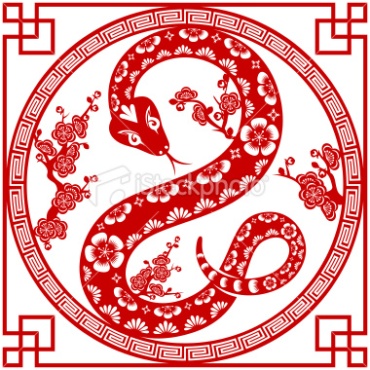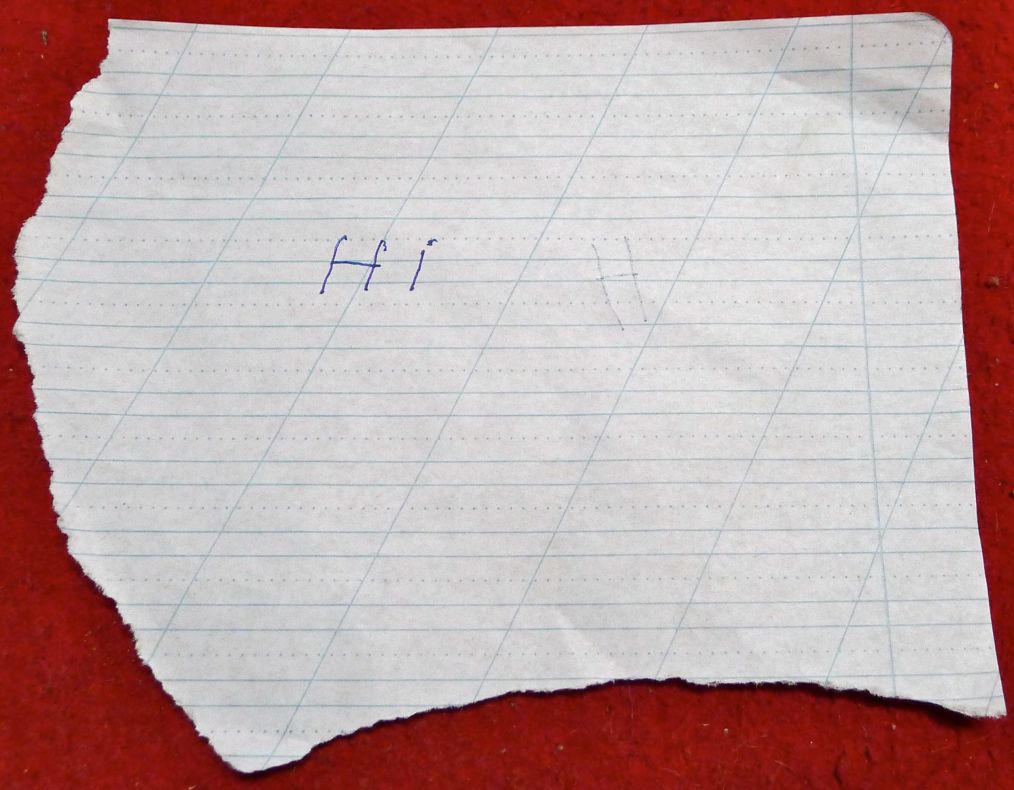“What is to give light must endure the burning.” -Victor Frankl
Victor Frankl wrote the book Man’s Search for Meaning, which is separated into two parts: the first is his personal account of being in a concentration camp during WWII, and the second is his own mini psychology textbook. Both parts are worth the read. I haven’t read that book in several years, and I only came across this quote from it while looking through an old journal of mine from a couple years ago. It’s funny how time works– sometimes we are wiser before we are blind. Reading through past journals helps me both to understand myself and to learn from myself in times I have regressed or am simply seeking. But I would say that it is the seeking that is most crucial because I can be regressed and still not ready to be challenged.
In many ways (here’s some self-disclosure), I was in a regressed state during my time in Mongolia. I craved the experience, the edge that a present moment can bring when my inhibitions and doubts don’t stand in the way. I wanted it, and I got it. And it was making me into a person I barely recognized, someone I wouldn’t like if I met her. It, in combination with the difficulties of living and working in Mongolia, brought me to my lowest low. I knew I would come out of it; I knew that because I remembered, however fuzzily, how I was before and all that I used to rely on both inside and out of me that helped to sidestep bad choices and selfish motivations. The change that I underwent here confused me, led to anger and cynicism, closed off others. But I knew, deep down, it wouldn’t last.
So, the other night, after I finished the book Let the Great World Spin by Colum McCann, I was in a mood. Something in me was stirring, whispering, It’s time. I couldn’t get the book out of my head, particularly the character named Corrigan, an Irish Catholic priest living in New York, caring for prostitutes and the elderly. No one knew he was a priest, but everyone was drawn to his humility and inner light. His faith was so real to him, so troublesome in a way, that he wrestled day and night with God. He wasn’t struggling to figure out if he had faith; he was just trying to figure out what his faith was asking of him. I felt like one of those prostitutes, standing outside, using his toilet, but wanting just to be in the same room as him in the hopes that some of whatever he had inside would rub off on me. In a way, I guess it did.
“There are two things that change people: great suffering and great love.” -Richard Rohr
I started going through a couple old journals I have with me. I read quotes from Leo Buscaglia’s Love in one and then passages of my own thoughts on what I feel is the work I am made to do in another. I was hungry for all of this, eating it up, but I needed more. So I opened the small Bible I have on my bookshelf, the same one I’ve had and used for years, to Ephesians 4, the chapter I bookmarked after my sister included a verse from it in her last letter to me. All of the sudden, these words made sense. They weren’t preachy or pompous; they weren’t begging for a skeptical eye. I finally saw the wisdom that could easily have come from living in the world: being patient with others, knowing that we’re all in this together, being renewed, making decisions that are healthy and not just for me but for others– because others are affected by my decisions, too. Of course, I’m sure I read my own experiences and emotions into the words, but what are words if not breathed with life? It was as if I was gaining back some footing that I had lost when I arrived here. Maybe I was already slipping before I even arrived.
In a survey I recently took for Peace Corps, I was asked what the best part of my service was. My answer: the difficulty of it. I hated it while in the midst of it– looking back, it felt like I was wrestling with an angel of God and that some bones were broken in the struggle. Who likes having their bones broken? But it gave me new perspectives. I have those innumerable moments of anger, frustration, sadness, regret, and desolation to thank for building a thick skin, for building boundaries, for knowing just a little more about what it’s like to be the target of harassment, for understanding the feeling of having no one but yourself on whom to rely and the futility and vulnerability and utter loneliness of that, for learning finally, finally that where I am supposed to be and what I am supposed to do is not here but there, back home, back in the States that I left and that I criticize so harshly and that I needed to eschew in order to know what I’m coming back to and why I’m staying.
I guess Victor Frankl doesn’t have much to do with this. His words were just a kind of blessing for me to go forth with a life similar to what I led before Mongolia– listening to my own intuition, seeking the advice from others– but doing so because I am choosing it, not because it was handed to me. I have been in places that made me feel so much energy for life and for the work I do, and I want to get back there because, truth be told, I haven’t had that here: I have been dry and only sporadically charged with the electricity of doing what I love; I have seen only rare glimpses of the niche I long to fill. Yet being here has made me realize all of that. I think that I needed to be thrown into a pit and torn asunder (burned, if you will) for me to come to terms with my life up to that point and after it. I have changed, if only to come back to who I truly am.
Perhaps the biggest lesson in all of this is that it is not something that can be told to someone who has never had such an experience. I can’t preach the lessons I’ve learned to make others learn them. If anything, the experience of it all has shown me even more that without living, there is very little learning. I’ve internalized so many lessons here I had heard or read previously, and while those words may have laid the groundwork, it was the experience that hammered them home. Thus, having stayed in this country through all of the trials and errors, the cold and the sandstorms and the heat, I can leave with a sense of calm for having clawed my way through some of those days and for making it out in one piece. I can go home whole, and that is very important to me. I know there will always be more to learn, but I feel a sense of fullness now, something I want others to know for themselves.
I wonder what would have happened if I had gone home early, before this small revelation. Would I have put it all together, or would I still be in that low place? I don’t really want to know. I’m just thankful I made it to this point at all. It was hard, and maybe many people don’t need life to smack them in the head to understand their place in it. But I’m clearly not one of those people. I suppose that which was hardest was, in a way, just the tilling of soil for rich growth. But even something growing needs to be cared for; it is an ongoing process.
“I keep inching toward the point where I believe that it’s more difficult to have hope than it is to embrace cynicism…. I also think the real bravery comes with those who are prepared to go through that door and look at the world in all its grime and torment, and still find something of value, no matter how small.” -Colum McCann
My hope is that this tiny light I’ve unearthed from the ashes of what I became here will continue to give light now that I’ve found it.











![My [former] ger](https://wordsnotmadewithlungs.files.wordpress.com/2013/03/p1000524.jpg?w=300&h=200)






